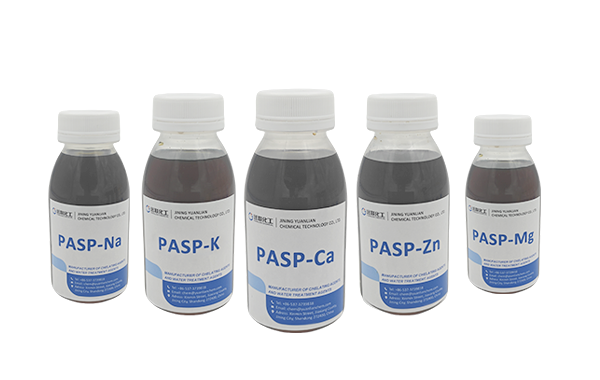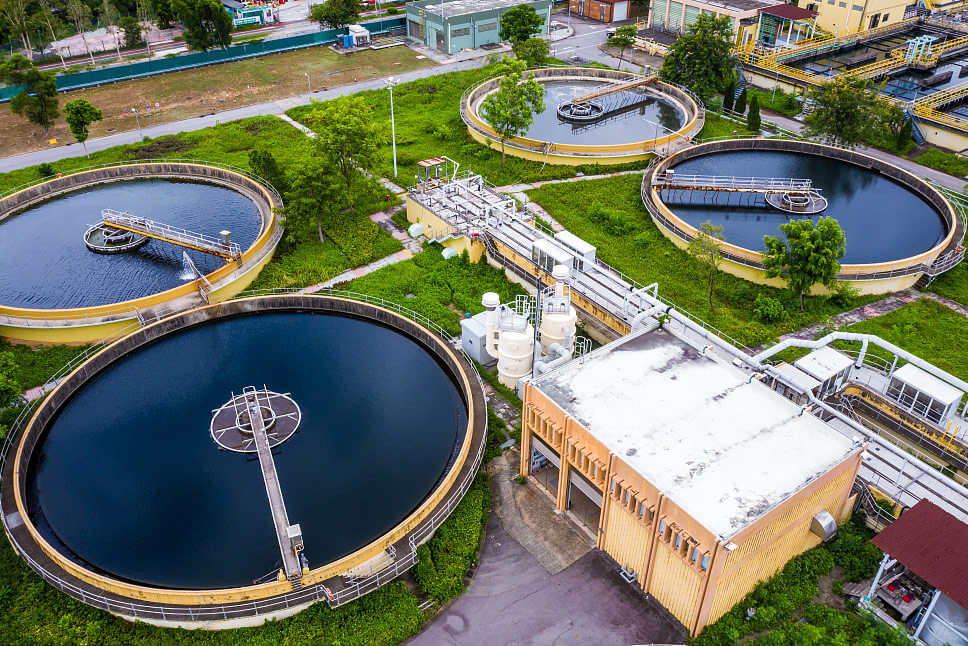
Unlock the Future of Farming: Polyaspartic Acid - The Sustainable Revolution in Fertilizer Efficiency
The Green Challenge in Modern Agriculture
As Europe advances toward its Green Deal objectives, the agricultural sector faces mounting pressure to reduce environmental impact while maintaining productivity. Traditional urea fertilizers, though effective, often lead to significant nitrogen losses—up to 50% through volatilization, leaching, and runoff. This not only wastes resources but also contributes to soil degradation and water pollution. Enter polyaspartic acid (PASP), a game-changing innovation that transforms conventional urea into a high-efficiency, eco-friendly solution.

What is Polyaspartic Acid?
Polyaspartic acid is a water-soluble, biodegradable polymer inspired by the natural mucus secreted by mollusks. Synthesized through biomimetic technology, it is non-toxic, phosphorus-free, and fully biodegradable, earning it the title of a "green chemical" globally. Its molecular structure, rich in carboxyl groups and peptide bonds, acts as a powerful chelator and dispersant, enhancing nutrient absorption and reducing waste.
How PASP Boosts Urea Efficiency
-
Prevents Ntrient Loss
PASP’s negatively charged molecules bind to nitrogen and micronutrients (e.g., iron, zinc), preventing them from being washed away or fixed in the soil. This reduces urea losses by 30% and increases nutrient availability.
-
Stimulates Root Growth
By promoting root development and increasing surface area, PASP helps plants absorb water and nutrients more effectively. Studies show root mass increases by up to 40%, enhancing drought resistance and overall vitality, -
Activates "Sleeping" Nutrients
PASP chelates locked-up phosphorus and micronutrients in the soil, making them accessible to plants. This reduces the need for additional fertilizers and revitalizes degraded soils.
Evidence-Based Results in European Context
Field trials across diverse crops demonstrate PASP’s impact:
-
16% yield increase in summer maize with PASP-enhanced urea compared to conventional urea.
-
20-40% higher fertilizer utilization,
-
allowing farmers to reduce urea application by 30% without compromising yield.
-
10-15 days earlier crop maturation and extended harvest periods, enabling more flexible market timing.
A 2025 study on summer peanuts in sandy soils showed that adding 3‰ PASP to urea significantly boosted yields while reducing nitrogen usage. This aligns with the EU’s goal to cut fertilizer waste by 2030.
Why PASP Aligns with Europe’s Sustainability Goals
-
Fights Soil Degradation
PASP improves soil structure, reduces acidification, and prevents salt buildup, supporting long-term arable health.
-
Reduces Water Pollution
By minimizing nitrogen leaching, PASP helps combat eutrophication in rivers and lakes. -
Lowers Carbon Footprint
Efficient fertilization means fewer production and application cycles, directly cutting GHG emissions. -
Full Biodegradability
Unlike synthetic additives, PASP breaks down into water, CO₂, and nitrogen, leaving no harmful residues.
Applications Beyond Agriculture
PASP’s versatility extends to:
-
Industrial Water Treatment: As a corrosion and scale inhibitor in cooling systems.

-
Daily Chemicals: Used in skincare for its moisturizing properties.
-
Pharmaceuticals: As a carrier for controlled-release drugs.
The Future is Green and Efficient
With the global polyaspartate market projected to reach $225 million by 2031, Europe is poised to lead this transition
. Companies like BASF, Lanxess, and Thaihe Technology are already investing in PASP-based solutions
. For farmers and agribusinesses, adopting PASP-enhanced urea means:
-
Lower costs from reduced fertilizer use.
-
Higher profits from increased yields.
-
Compliance with EU eco-regulations.
Embrace the Revolution
Polyaspartic acid isn’t just an additive—it’s a paradigm shift toward smarter, sustainable agriculture. By choosing PASP-enhanced urea, European farmers can contribute to a greener planet while boosting productivity.
Join the movement. Upgrade to PASP today.
Yuanlian Chemical specializes in the production of polyaspartic acid (PASP),tetrasodium iminodisuccinate(IDS), GLDA, MGDA etc. with stable quality and excellent quantity!





Contact us